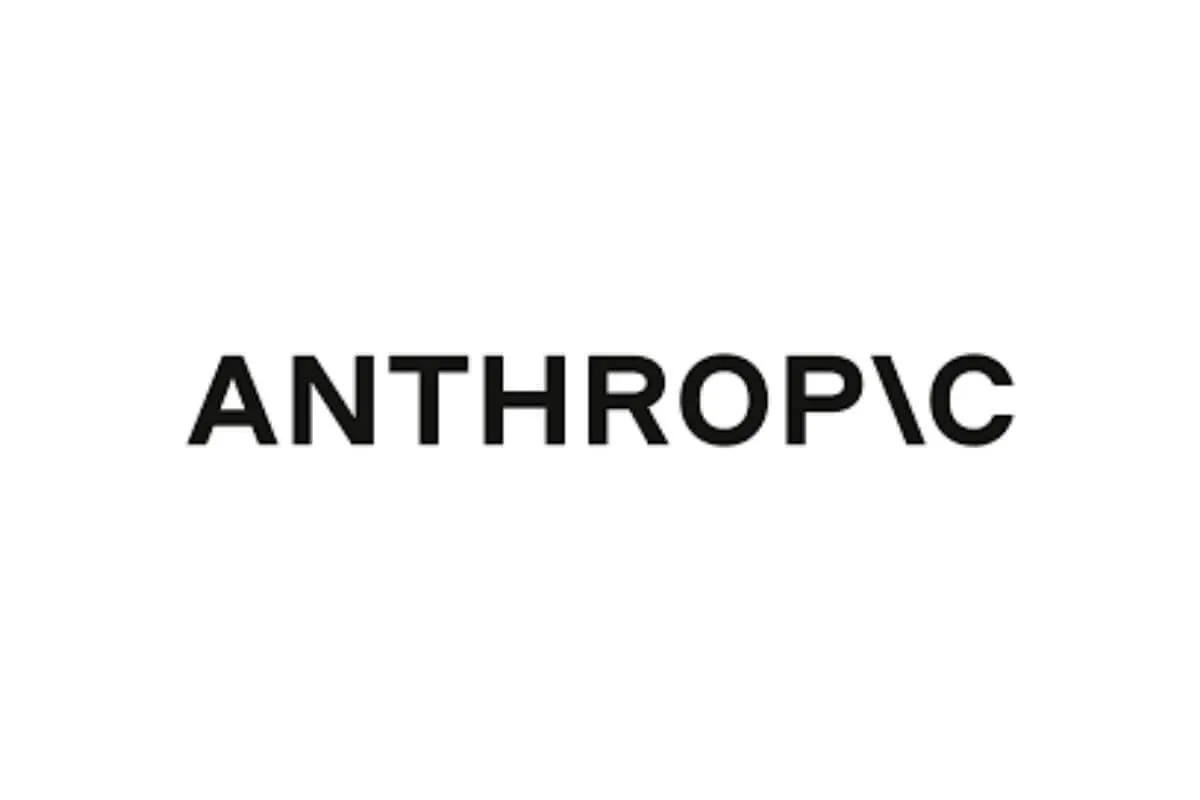
Anthropic recently announced a significant upgrade to its Claude 3.5 Sonnet model and introduced a new Claude 3.5 Haiku model, further advancing AI (Artificial Intelligence) functionality and usability. Both developments aim to enhance developer productivity, particularly in coding and automation, according to the company.
Also Read: Google Working on AI Project to Automate Web-Based Tasks: Report
Enhanced Agentic Coding
The updated Claude 3.5 Sonnet model now performs better on complex coding tasks, showing improvements on industry benchmarks, especially in agentic coding and tool-use tasks.
According to the company, Early adopters, including GitLab and Cognition, report enhanced reasoning abilities and faster, more reliable DevSecOps support with no added latency.
The Browser Company, which uses the model to automate web-based workflows, noted that Claude 3.5 Sonnet outperformed every model they had previously tested.
Computer Use Capability
One key update is a new "computer use" capability, currently in public beta, which allows Claude to interact with computer interfaces as a human would—moving cursors, clicking buttons, and typing text. This feature can automate multi-step processes, such as form-filling and spreadsheet management, marking a significant step toward more advanced workflow automation.
"Asana, Canva, Cognition, DoorDash, Replit, and The Browser Company have already begun to explore these possibilities, carrying out tasks that require dozens, and sometimes even hundreds, of steps to complete. For example, Replit is using Claude 3.5 Sonnet's capabilities with computer use and UI navigation to develop a key feature that evaluates apps as they’re being built for their Replit Agent product," the company said in a blog post.
For Efficient, Cost-Effective Operations
In addition to Sonnet, Anthropic introduced Claude 3.5 Haiku, which offers the performance of Claude 3 Opus at lower costs and faster speeds, making it ideal for user-facing tasks, sub-agent roles, and data personalization. Initially text-only, Haiku will add image-processing abilities soon.
This "computer use" capability marks Claude 3.5 Sonnet as the first frontier AI model to attempt public UI navigation. While experimental, Anthropic said its approach includes safety measures like harm-detection classifiers. Pre-deployment testing of the new model was conducted in collaboration with the US and UK AI Safety Institutes.
Also Read: OpenAI Enhances ChatGPT with Integrated Web Search Feature
Automate Tasks
"With computer use, we're trying something fundamentally new. Instead of making specific tools to help Claude complete individual tasks, we're teaching it general computer skills—allowing it to use a wide range of standard tools and software programs designed for people. Developers can use this nascent capability to automate repetitive processes, build and test software, and conduct open-ended tasks like research," Anthropic said.
Both Claude 3.5 Haiku and Claude 3.5 Sonnet are available on Anthropic's API, Amazon Bedrock, and Google Cloud's Vertex AI.















